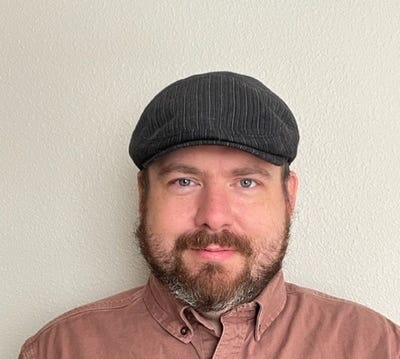
.jpg?width=252&auto=webp&quality=80&disable=upscale)
Alois Jungbauer shared details of his early life and career with BioProcess Insider.
“I stumbled into this field,” said Alois Jungbauer, recalling the moment in 1982 when Professor Hermann Katinger offered him an assistant professor position in downstream processing. Katinger, a prolific writer and a pioneer who foresaw the rise of recombinant DNA technology, would go on to found contract development and manufacturing organization (CDMO) Polymun Scientific in 1992.
“It was a lucky incident in my life,” he said. “I could have said no to that offer.”
Jungbauer serves as a professor teaching downstream processing, protein technology, and bioprocess engineering. He has trained about 90 PhD students in the field of bioprocess engineering and has authored hundreds of papers, with chromatography being a favorite topic.
In the 1990s, he pioneered work on displacement effects in large-scale chromatography. “Nowadays, these type of things are important for the purification of gene-therapy vectors.” He followed those with studies on scaling up chromatography. “From academia, we knew then how to scale up and scale down chromatography, which is really an engineering [pursuit].”
And because of his expertise, Jungbauer is a fixture at industry events, including but not limited to those hosted by BioProcess International. In July 2024, he discussed sustainability at the 28th European Society for Animal Cell Technology (ESACT) meeting in Edinburgh, Scotland, sharing insights that will help the industry survive into the future.
“We have always overlooked the emission intensity of the biopharmaceutical industry,” Jungbauer said at the time before revealing data detailing the CO2 emissions of many of the major biopharmaceutical companies.
From humble beginnings
Jungbauer told us his interest in science led to an education in food technology, which he described as a combination of biology and engineering, not unlike bioprocessing. He went on to earn his PhD in Food Technology and Biotechnology from The University of Natural Resources and Life Sciences (BOKU) in Vienna, Austria. That interest predated the era of recombinant DNA and was nurtured by a general fondness for science.
Jungbauer’s relationship with food started in the dirt as a child growing up on an Austrian farm two hours south of Vienna in a village with about 1,500 people. His family grew crops and raised animals, selling products such as barley, wheat, eggs, and milk. During the summer, he worked long hours, performing whatever chores were needed to help his family, whether it was harvesting grain, making hay, or milking cows. At the end of summer, he went back to school.
“I enjoy academia, because you don’t have to work so hard,” he said with a laugh. His education was broad, free from the early specialization that modern curricula often prioritize. He developed an affinity for science and math and began focusing on those subjects.
At University, his relationship with the world shifted. On the farm, nature was a resource that humans could harvest or extract. But Professor Uwe B. Sleytr – who ran a center for microscopy – showed him nature under the lens of a microscope.
By examining images of bacteria and other microorganisms, Jungbauer’s place in the world took a turn. “We were just fascinated by the beauty of nature,” he said.
The city too offered opportunities away from the farm, enhanced by the newfound autonomy of a life away from home. Jungbauer savored the opportunity to explore new facets of the environment.
He developed a love for museums, such as the Museum of Natural History, prized for its extensive collection of gemstones. And nearby, the Kunsthistorisches Museum houses paintings from some of history’s most renowned artists, including Dutch painter Pieter Bruegel. Jungbauer expressed a particular fondness for his work, which shares commentary about society and human nature.
From a farm in a quiet village to a city overflowing with culture and science, Jungbauer has established himself as one of the most important voices in the industry.
“When I went to University and came to Vienna, it was for me…” He paused to find the right word.
“Freedom. Freedom. Freedom.”
BioProcess International Europe 2025 is coming to Hamburg, Germany May 12–15.
About the Author
You May Also Like









